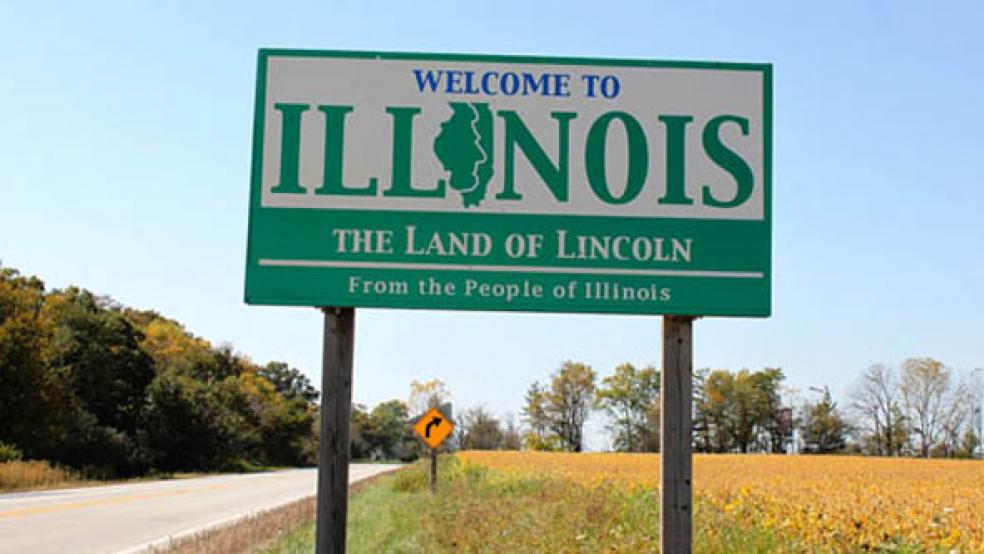A report released Wednesday detailing Illinois' fiscal downward spiral was welcomed by the state's top budget official, who said he was working relentlessly to tackle the state's biggest problem: public pensions.
Jerry Stermer, Illinois' budget director, said the report by the national State Budget Crisis Task Force headed by former Federal Reserve Chairman Paul Volcker and former New York Lieutenant Governor Richard Ravitch is "required reading for every public official in Illinois."
The nonpartisan group's report, which was unveiled at a conference, warned that the state may not be able to provide basic services to residents or meet employee benefit obligations as its budget was no longer sustainable.
RELATED: 5 Things to Watch When Cutting Public Pensions
Richard Dye, a University of Illinois professor who worked on the report in conjunction with the school's Institute of Government and Public Affairs, said the state's Medicaid spending doubled from 2000 to 2011, while its debt service payments tripled between 2002 to 2011. A big chunk of that debt was issued to pay for public pensions, which are underfunded by about $85 billion, he added.
The report said Illinois was already "essentially insolvent" as the financial crisis hit in 2008 due to poor fiscal management and opaque budgeting. Meanwhile, the state is trying to catch up on decades of pension underfunding and as a result pension payments are starting to crowd out funding for essential services.
"Illinois has been doing back flips on a high wire without a net," the report said.
It called for tax and pension reform, noting that spending cuts and revenue increases will probably be necessary.
Other recommendations included working with the federal government to control Medicaid costs, maintaining a "meaningful" rainy day fund, adopting a "nonpolitical" revenue forecasting process, monitoring local governments' finances and creating a comprehensive capital improvement plan.
Stermer said he was working "day and night" on pension reform, adding that he expected state lawmakers to take up legislation during a lame-duck session in early January.
The lack of pension reform and a structural budget deficit have weighed on Illinois' credit ratings, which at A from Standard & Poor's Rating Services and A2 from Moody's Investors Service are the lowest among states.
Ravitch said the same fiscal woes plaguing Illinois can be found in other states and that the task force was not offering specific solutions in its report. "The most important thing is preserving the democratic process," he said.
Ravitch and Volcker formed the task force in June 2011 in response to concerns over persistent state budget imbalances. A July 2012 task force report focusing on California, Illinois, New Jersey, New York, Texas and Virginia found that rising health care and pension costs, along with volatile tax revenue and federal budget cuts, threatened state budget stability.

